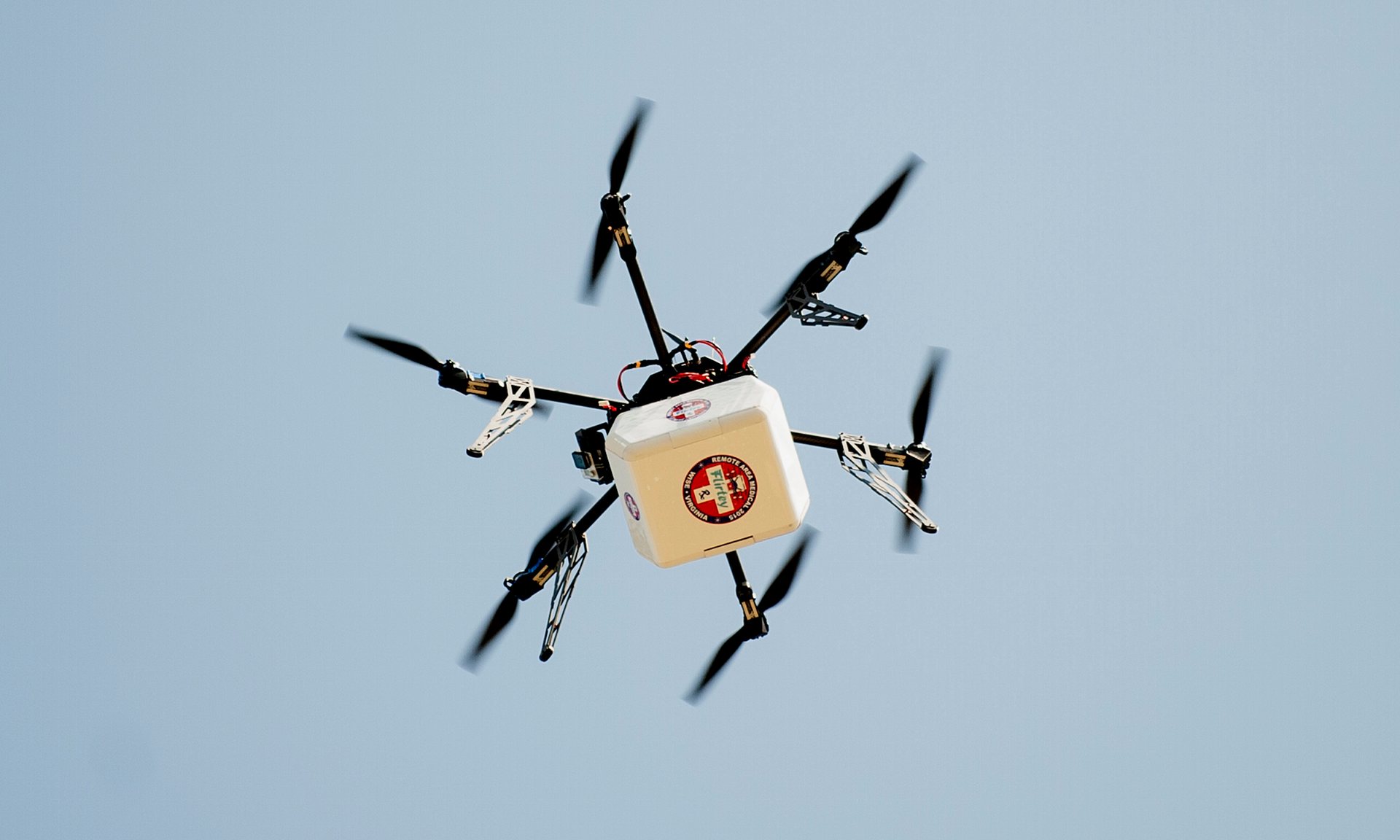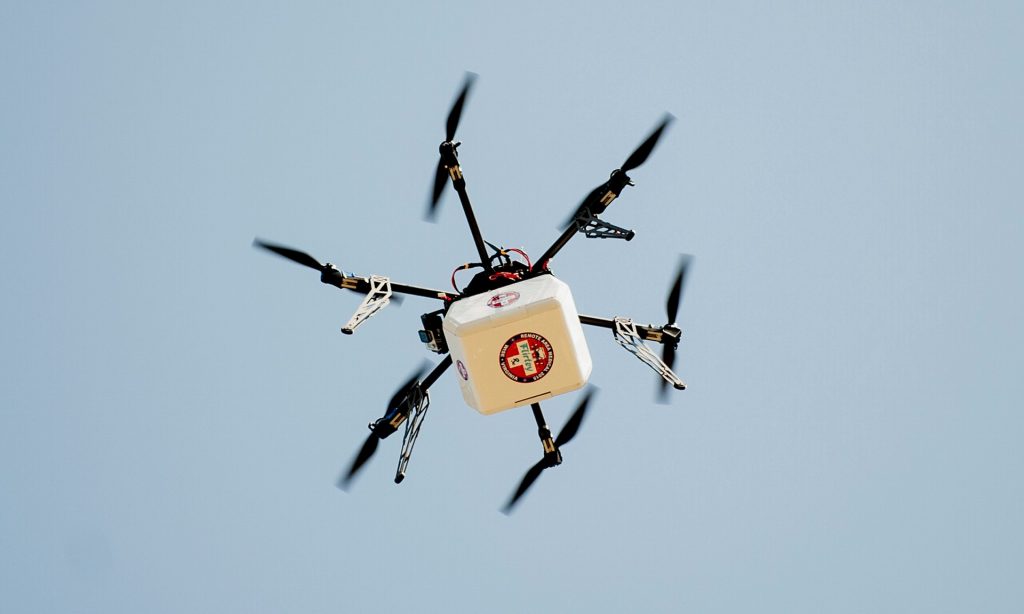Rwanda was among the few countries in Africa to use drones to deliver life-saving blood plasma to far-flung rural areas.
The coronavirus pandemic has accelerated the value and use of this technology and the country is now expanding the service to deliver medicine for non-communicable diseases to hospitals in remote areas, and offer support to patients who can’t travel long distances to get to pharmacies or hospitals.
Data from the Rwanda Biomedical Centre (RBC) shows that so far a total of 18 patients have had their oral chemotherapy treatments delivered by drones.
Cancer patients at Butaro Cancer Hospital, which specialises in oral chemotherapy treatment, received the first batch of drugs last month using drones.
“Restrictions on public transport and a nationwide lockdown to prevent the spread of coronavirus is the main reason for the expansion of the delivery of drugs using drones,” officials from RBC told The EastAfrican.
Officials from RBC said the delivery system using drones was needed due to poor transport network including poor roads in remote areas during the rainy season coupled with lack of a reliable supply chain infrastructure, which jeopardises access of healthcare for many people.

Photograph: Pete Marovich/Bloomberg/Getty
MEDICAL DELIVERIES
California-based robotics firm Zipline is pioneering the use of the pilotless aircraft for medical deliveries. Their operations have been advancing in Rwanda, from blood plasma deliveries to mosquito larva spraying, and now to delivering of essential drugs to hospitals across the country.
“We hope with the use of drones we will deliver all essential drugs to hospitals across the country, which will ensure faster and more efficient access to life-saving drugs,” said Dr Hategekimana.
“The drones are always on standby to deliver drugs for any emergency deliveries every day to all referral hospitals, teaching hospitals and the 42 district hospitals,” he told The EastAfrican.
The list of drugs being delivered by drone includes life-saving insulin.
For instance, it is 250 kilometres from Kigali to Rusizi in the western province, and it is expensive and time-consuming to deliver medicine that weighs less than 10 kilogrammes. Yet the drones can do it in a short time.
“We started using drones to deliver blood, now drugs, and finally if the lockdown continues we hope to use them to deliver vaccines in places that are difficult to access by road,” he added.
For hospitals to get the drugs delivered by drones, the first place their order through mobile phone on text message or call and then it gets delivered. The drones are also able to deliver to patients in their homes.
The drugs are packed in small boxes and the drone finds delivery locations using GPS.

